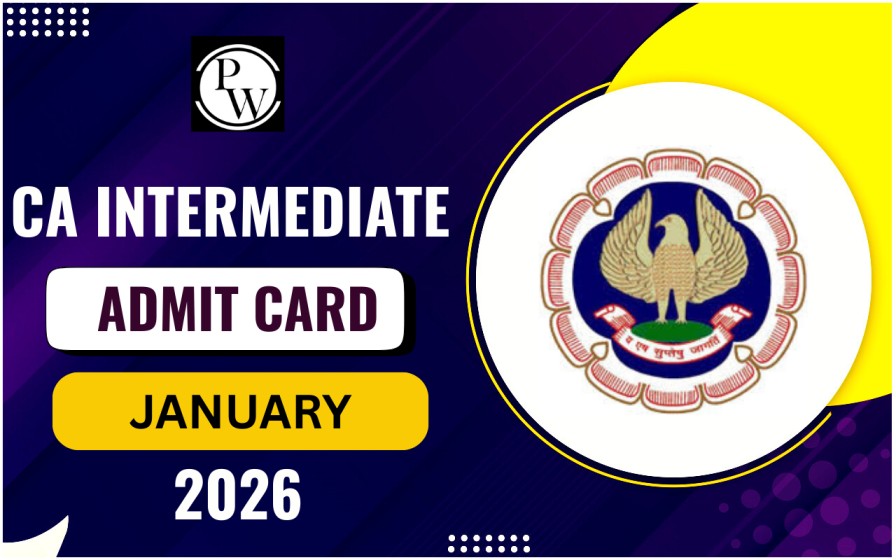
Regulatory frameworks are rules and laws made by countries and internationally. They can be either required (like national laws) or chosen (like codes of conduct). These rules create a legal background for fighting corruption, but they're not enough by themselves. We also need rewards for doing the right thing and other ways to promote honesty.
This article helps you understand the Regulatory Framework for CA Exams .What Are Regulatory Frameworks?
Regulatory frameworks are a set of rules, laws, and guidelines established by government authorities to oversee and control various aspects of an industry, sector, or activity. These frameworks are designed to ensure compliance with standards, promote fair competition, protect consumers, and maintain order within the market. They often outline the rights and responsibilities of different stakeholders and provide a structured approach to governance and oversight. Regulatory frameworks can vary greatly depending on the industry or sector they govern, and they may encompass a wide range of issues such as safety standards, environmental regulations, licensing requirements, and financial reporting rules.Importance of Regulatory Frameworks
The importance of regulatory frameworks cannot be overstated, as they serve several crucial functions:- Consumer Protection: One of the primary purposes is to safeguard the interests of consumers. By imposing standards and regulations, these frameworks ensure that products and services meet certain quality and safety criteria. For example, regulations governing food and drug safety protect consumers from harmful substances and deceptive marketing practices.
- Environmental Conservation: It also play a vital role in preserving the environment and natural resources. Environmental regulations impose restrictions on pollution, waste disposal, and resource extraction to mitigate the negative impact of human activities on ecosystems. By enforcing these regulations, governments aim to achieve sustainable development and protect biodiversity.
- Public Health: In sectors such as healthcare and pharmaceuticals, regulatory framework is essential for maintaining public health and safety. Regulations governing the approval, manufacturing, and distribution of medical products help ensure that they are effective and free from harmful side effects. Moreover, regulations related to healthcare facilities and practitioners ensure quality care and prevent malpractice.
- Financial Stability: In the realm of finance, regulatory frameworks are instrumental in maintaining stability and confidence in the economy. Regulations governing banking, investments, and securities aim to prevent fraud, mitigate risks, and ensure fair and transparent financial markets. By supervising financial institutions and enforcing compliance, regulators seek to protect investors and prevent systemic crises.
- Fair Competition: Regulatory frameworks promote fair competition by preventing monopolistic practices and market abuses. Antitrust regulations, for instance, prohibit collusion, price-fixing, and other anti-competitive behaviors that harm consumers and stifle innovation. By fostering a level playing field, these regulations encourage entrepreneurship and innovation while safeguarding consumer choice.
| Also Check: | |
| Management Accounting | Financial Accounting |
| Auditing and Assurance | Taxation |
| Financial Management | Business Laws and Ethics |
How Does the Regulatory Framework Work?
Now that we understand the importance of regulatory frameworks let's explore how they operate:Legislation and Rulemaking: Regulatory frameworks typically begin with the enactment of legislation by legislative bodies such as parliaments or congresses. These laws delegate authority to regulatory agencies tasked with implementing and enforcing regulations within specific domains.
Regulatory agencies, in turn, develop detailed rules and standards through a process known as rulemaking. This process often involves public consultations, stakeholder engagement, and expert analysis to ensure that regulations are effective and feasible.Enforcement and Compliance: Once regulations are established, regulatory agencies are responsible for enforcing compliance among regulated entities. This may involve conducting inspections, audits, and investigations to ensure that businesses and individuals adhere to the prescribed rules and standards. Non-compliance with regulations can result in penalties, fines, or other enforcement actions, depending on the severity of the violation.
Monitoring and Evaluation: They are subject to ongoing monitoring and evaluation to assess their effectiveness and identify areas for improvement. Regulatory agencies collect data, conduct performance reviews, and solicit feedback from stakeholders to gauge the impact of regulations on various stakeholders and adjust them as needed. This iterative process helps ensure that regulatory frameworks remain relevant and responsive to changing circumstances.
Adaptation to Emerging Challenges: In a dynamic and evolving environment, regulatory frameworks must adapt to new challenges and developments. Technological advancements, global trends, and emerging risks may necessitate updates to existing regulations or the introduction of new ones. Regulatory agencies must stay abreast of these changes and collaborate with stakeholders to develop agile and adaptive regulatory responses.
Master regulatory frameworks and excel in your CA exams with PW CA courses today and gain the knowledge and skills you need to succeed!| Also Check: | |
| Professional Ethics and Code of Conduct | Accounting Information Systems (AIS) |
| Enterprise Resource Planning (ERP) | Cybersecurity and Data Privacy |
| Corporate Laws | Contract Law |
Regulatory Framework FAQs
What are regulatory frameworks?
Why are regulatory frameworks important?
How do regulatory frameworks work?
What is the role of regulatory frameworks in CA exams?
How can regulatory frameworks impact industries?










